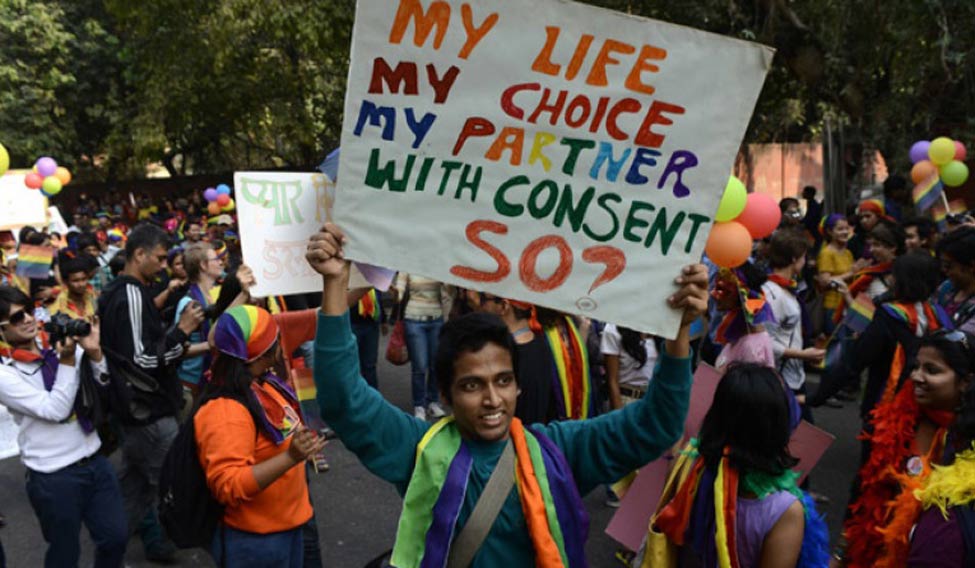Coming in the backdrop of the Supreme Court's judgment on privacy as a fundamental right, the issue of decriminalisation of gay sex is likely to be heard by the apex court on September 8.
The SC is scheduled to hear a curative petition challenging the Constitutional validity of section 377 of the Indian Penal Code so far as it criminalises gay sex. Significantly, the apex court's verdict on privacy could have a bearing on the case, with the judgment identifying gender identity and sexual orientation as integral aspects of an individual's privacy.
The section, which criminalises gay sex, had been read down by the Delhi High Court on July 2, 2009 as it criminalised sex between two consenting adults. Justice A.P. Shah, the then chief justice of the high court, had pronounced the decision acting on a petition filed by the NGO Naz Foundation. The penal provision relates to sexual intercourse which is “against the order of nature.” The high court order had left out of the purview of its decision non-consensual sex involving minors.
A two-judge bench of the Supreme Court comprising Justices G.S. Singhvi and S.J. Mukhopadhyay had, however, overruled the high court's verdict.
In the privacy judgment authored by Justice D.Y. Chandrachud, the court made a critique of the decision of the two-judge bench. Writing on behalf of four judges including himself, Chandrachud said there were serious flaws in the overruling of the Delhi High Court's verdict on section 377. It called the decision of the two-judge bench a “discordant note” in the evolution of the idea of right to privacy.
“Sexual orientation is an essential attribute of privacy. Discrimination against an individual on the basis of sexual orientation is deeply offensive to the dignity and self-worth of the individual,” the judgment read.
“Equality demands that the sexual orientation of each individual in society must be protected on an even platform. The right to privacy and the protection of sexual orientation lie at the core of the fundamental rights guaranteed by Articles 14, 15 and 21 of the Constitution,” it further said.
Justice Sanjay Kishan Kaul wrote in his judgment that the privacy of the home must protect the family, marriage, procreation and sexual orientation which are all important aspects of dignity.
The Naz Foundation had in February 2016 filed a curative petition for a review of the judgment of the two-judge bench of the SC.
Speaking to THE WEEK earlier, Anjali Gopalan of Naz Foundation had said that the privacy judgment gave the LGBTQ community hope for a favourable decision on section 377. “Five out of nine judges spoke about section 377, and found fault with the Supreme Court's overruling of the Delhi High Court's decision. They agree that sexual orientation is a private matter of the individual, and it is protected by his or her right to privacy,” Gopalan said.





